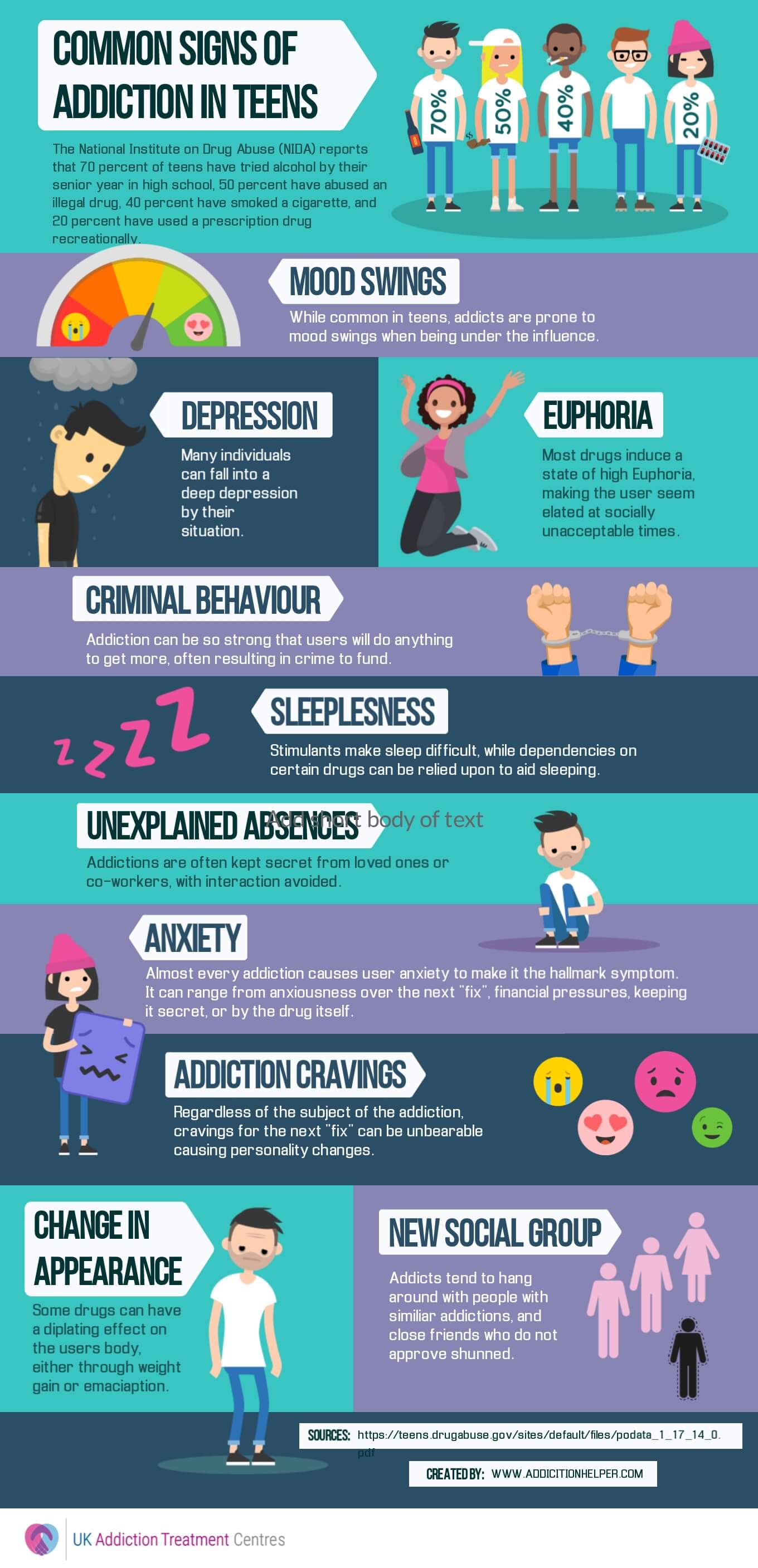Before, Throughout, And Adhering To Drug Rehabilitation, Knowing Exactly How To Assist Your Liked One Can Dramatically Impact Their Healing Process-- Reveal The Vital Actions To Implement
Before, Throughout, And Adhering To Drug Rehabilitation, Knowing Exactly How To Assist Your Liked One Can Dramatically Impact Their Healing Process-- Reveal The Vital Actions To Implement
Blog Article
Author-Gallegos Ibsen
Sustaining a loved one through drug rehabilitation can be difficult, however it's necessary for their recovery. You need to understand the procedure and be prepared for the emotional ups and downs. It starts with laying a strong foundation before therapy and continues with their time in rehabilitation and past. How you navigate this trip can make all the difference in their healing and your connection. Let's explore just how to properly supply that support.
Planning for Rehab: Laying the Groundwork for Support
Before your enjoyed one gets in rehab, it's essential to prepare yourself and your assistance network to guarantee they receive the very best care possible. Begin by educating yourself regarding dependency, therapy options, and the rehabilitation process.
Comprehend the challenges they'll deal with and the importance of a supportive environment. Gather a group of loved ones who can supply encouragement and share responsibilities during this moment.
Develop http://brooks374williemae.booklikes.com/post/6718874/delving-into-the-intricacies-of-drug-recovery-treatment-and-counseling-reveals-transformative-insights-locate-the-therapies-that-can-transform-your-recuperation-path of interaction with your loved one; let them understand they can rely on you. https://www.benzinga.com/markets/cannabis/22/07/28040569/europe-irish-experts-take-on-drug-criminalization-scottish-prison-to-provide-anti-overdose-train limits to secure your very own health while being there for them.
Lastly, consider seeking expert guidance on your own to navigate this emotional trip. Laying this foundation will help create a solid structure for their recuperation.
Providing Support During Treatment: Remaining Connected
Staying connected with your loved one during their rehab journey is critical, as it strengthens their support system and helps them feel much less separated. Normal interaction is essential; send uplifting messages or make brief telephone call to remind them you care.
Hold your horses and understanding, as they might be hectic with therapy or feeling emotionally drained pipes.
Think about scheduling sees, if allowed, to show your support face to face. Bring a positive perspective and listen actively, enabling them to share their thoughts and feelings.
Motivate them to share their obstacles and success without judgment. Your regular existence during this time around can equip them to remain committed to their recovery and remind them they're not the only one in this trip.
Navigating Life After Rehabilitation: Continuing the Trip With Each Other
As your loved one changes back right into everyday life after rehabilitation, it's important to remain actively involved in their healing journey.
Encourage open interaction by signing in routinely and creating a risk-free area for them to share their feelings. Help them establish a daily routine that includes healthy and balanced practices, such as workout and well balanced dishes.
Participate in support groups with each other, which can reinforce their dedication and give a sense of area.
Hold your horses and understand that troubles may take place; offer reassurance and remind them of their progression.
Celebrate milestones, regardless of just how small, to improve their self-confidence.
Conclusion
Supporting a liked one with their rehab trip is critical for their recovery. By preparing prior to treatment, remaining connected during their time in rehabilitation, and being there for them later, you can help them browse the difficulties they face. Remember to prioritize open interaction and self-care, also. Your encouragement and understanding can make a substantial difference in their healing procedure. With each other, you can build a brighter future and foster lasting positive adjustment in their life.
